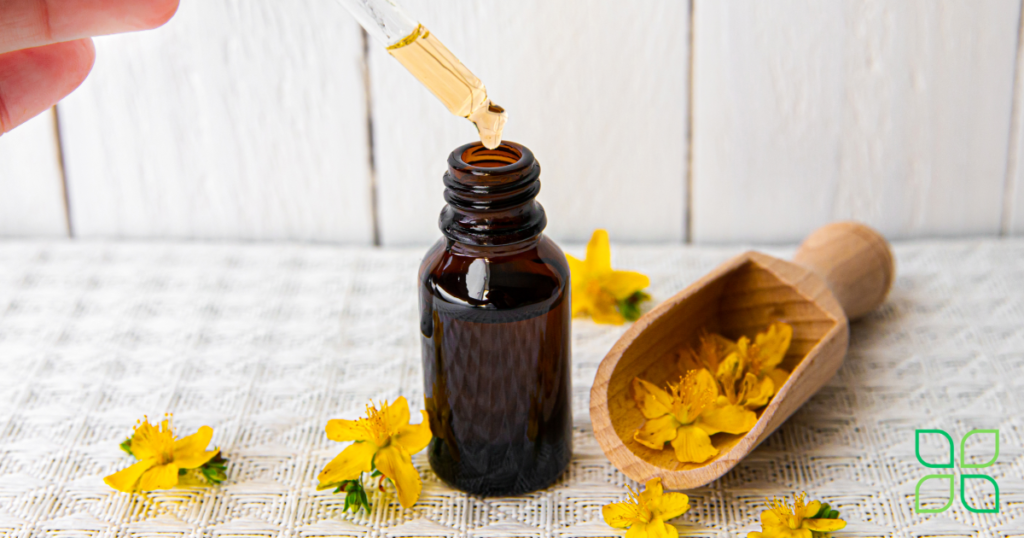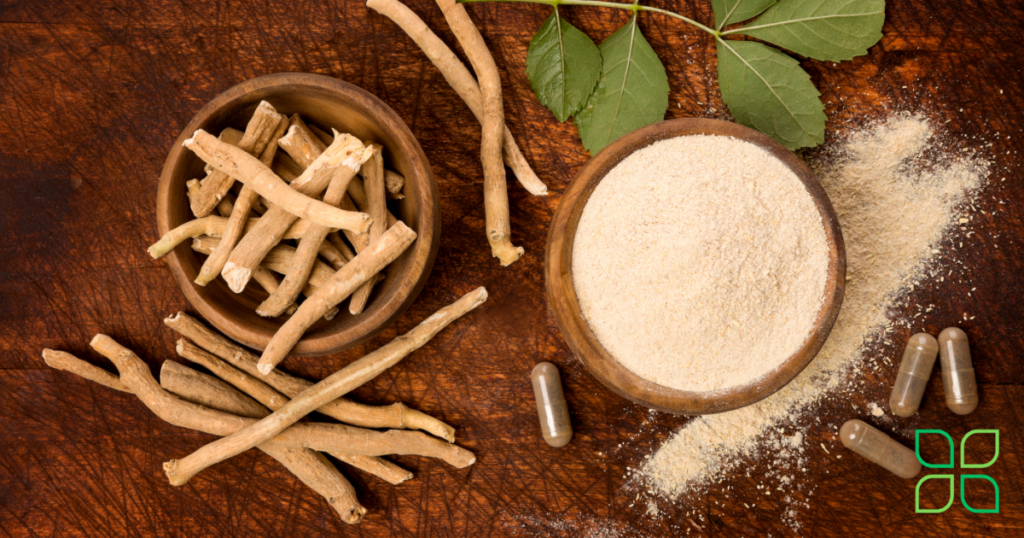Herbs for Nerve Regeneration: A Natural Approach
In today’s fast-paced world, our bodies and nerves are constantly under pressure, leading to a growing need for effective remedies. While modern medicine offers a variety of solutions, many individuals are turning to natural methods to aid the body in its healing processes. One such approach is the use of herbs for nerve regeneration. This blog post will explore the potential of these natural remedies, backed by research and expert insights.

Understanding Nerve Regeneration
Nerve damage can result from a variety of causes, including physical injury, medical conditions like diabetes, or lifestyle factors such as prolonged stress. The nervous system’s ability to regenerate and repair itself is crucial for recovery. However, this process can be slow and complex. Nerve regeneration involves the repair or regrowth of nerve cells (neurons) and can be supported by various natural substances.
The Science Behind Nerve Regeneration
Research has shown that certain compounds can promote nerve growth and repair. A study published in the Journal of Neuroscience found that specific phytochemicals could stimulate nerve growth by activating pathways in the brain that are essential for neuron survival and regeneration. This opens up possibilities for using herbs rich in these compounds to support nerve health.
Top Herbs for Nerve Regeneration
Several herbs have gained attention for their potential to aid in nerve regeneration. Below is a list of some of the most promising herbs that could support nerve health and repair:
1. St. John’s Wort (Hypericum perforatum)
St. John’s Wort is renowned for its antidepressant properties, but it also holds promise as an agent for nerve repair. It contains hypericin, a compound that has been found to promote nerve regeneration in animal studies. According to a study in the Journal of Ethnopharmacology, St. John’s Wort may protect the nerves from damage and support their regrowth.

2. Ginkgo Biloba
Ginkgo Biloba is often used to improve cognitive function, but it also has potential benefits for nerve health. It is rich in antioxidants, which can help reduce oxidative stress, a factor that contributes to nerve damage. Clinical trials have demonstrated Ginkgo’s ability to improve nerve function and reduce symptoms associated with neuropathy.
3. Turmeric (Curcuma longa)
Known for its anti-inflammatory properties, turmeric contains curcumin, a compound that has been shown to promote nerve regeneration. A study in the Journal of Neuroscience Research highlights curcumin’s ability to enhance the repair of damaged nerves, particularly in cases of peripheral nerve injury.
4. Ashwagandha (Withania somnifera)
A popular adaptogen in Ayurvedic medicine, Ashwagandha is believed to support nerve health by reducing stress and inflammation. Research published in the Journal of Dietary Supplements suggests that Ashwagandha’s active compounds can stimulate the growth of nerve cells, aiding in their regeneration.

5. Lion’s Mane Mushroom (Hericium erinaceus)
This unique mushroom is gaining popularity for its neuroprotective properties. Lion’s Mane contains compounds called hericenones and erinacines, which have been shown to promote nerve growth factor (NGF) production. According to a study in the International Journal of Medicinal Mushrooms, these compounds may aid in the repair of nerve damage and support cognitive function.
Actionable Tips for Using Herbs for Nerve Regeneration
While these herbs offer promising benefits for nerve health, it’s essential to approach their use thoughtfully. Here are some tips to consider:
Consult with a Healthcare Professional
Before incorporating any new herb into your regimen, it’s crucial to consult with a healthcare professional, especially if you are taking other medications or have underlying health conditions. They can provide guidance on the appropriate dosage and potential interactions.
Choose Quality Supplements
When selecting herbal supplements, opt for reputable brands that adhere to good manufacturing practices. Look for products that are standardized to contain specific active compounds, ensuring their efficacy and safety.

Incorporate a Balanced Diet
While herbs can support nerve health, they should be part of a holistic approach that includes a balanced diet rich in essential nutrients. Foods high in omega-3 fatty acids, such as fish and flaxseeds, and antioxidants, like berries and leafy greens, can further aid nerve regeneration.
Practice Stress-Reducing Techniques
Chronic stress can exacerbate nerve damage and hinder regeneration. Incorporate stress-reducing activities such as yoga, meditation, or tai chi into your routine to create a supportive environment for nerve healing.
Conclusion

The journey to nerve regeneration is multifaceted, and while herbs offer a natural approach, they should be integrated with other lifestyle changes for optimal results. By understanding the potential of these herbs and using them responsibly, you can take proactive steps toward supporting your nerve health naturally. Remember, the path to recovery is individual, and what works for one person may not work for another. Stay informed, consult professionals, and listen to your body’s unique needs as you explore these natural remedies.
